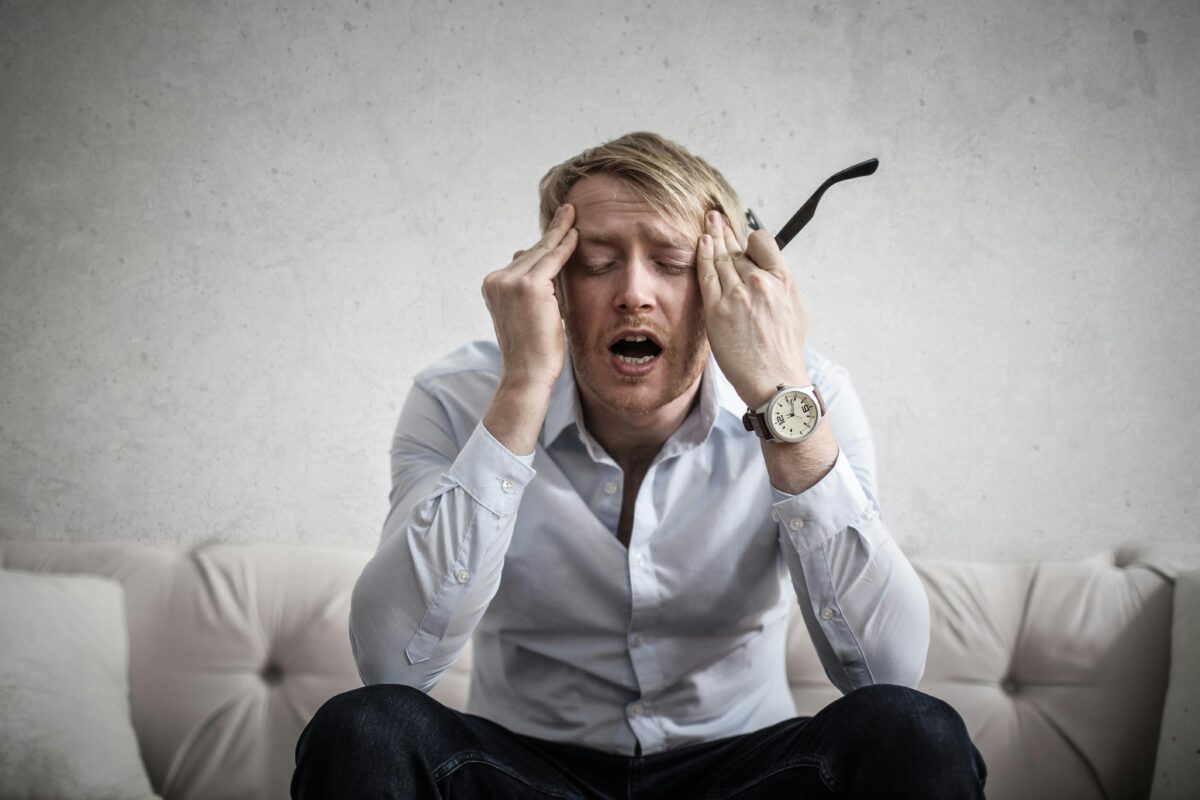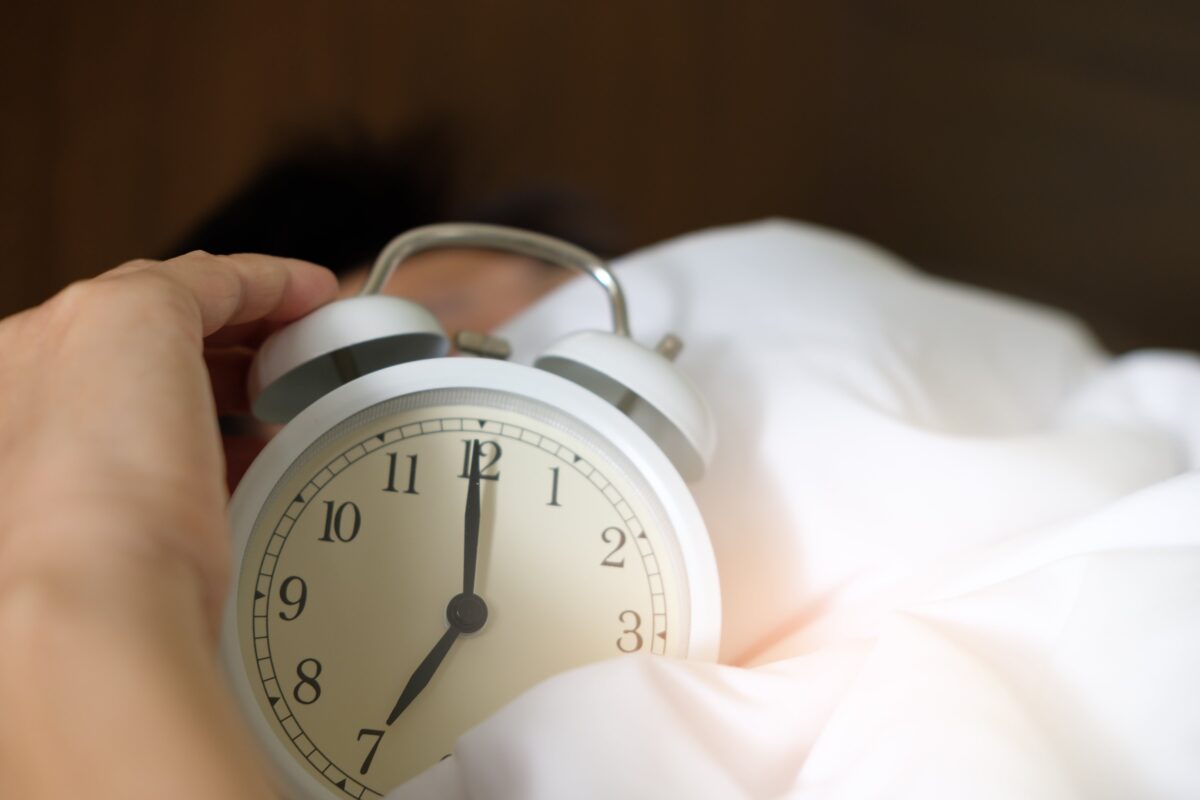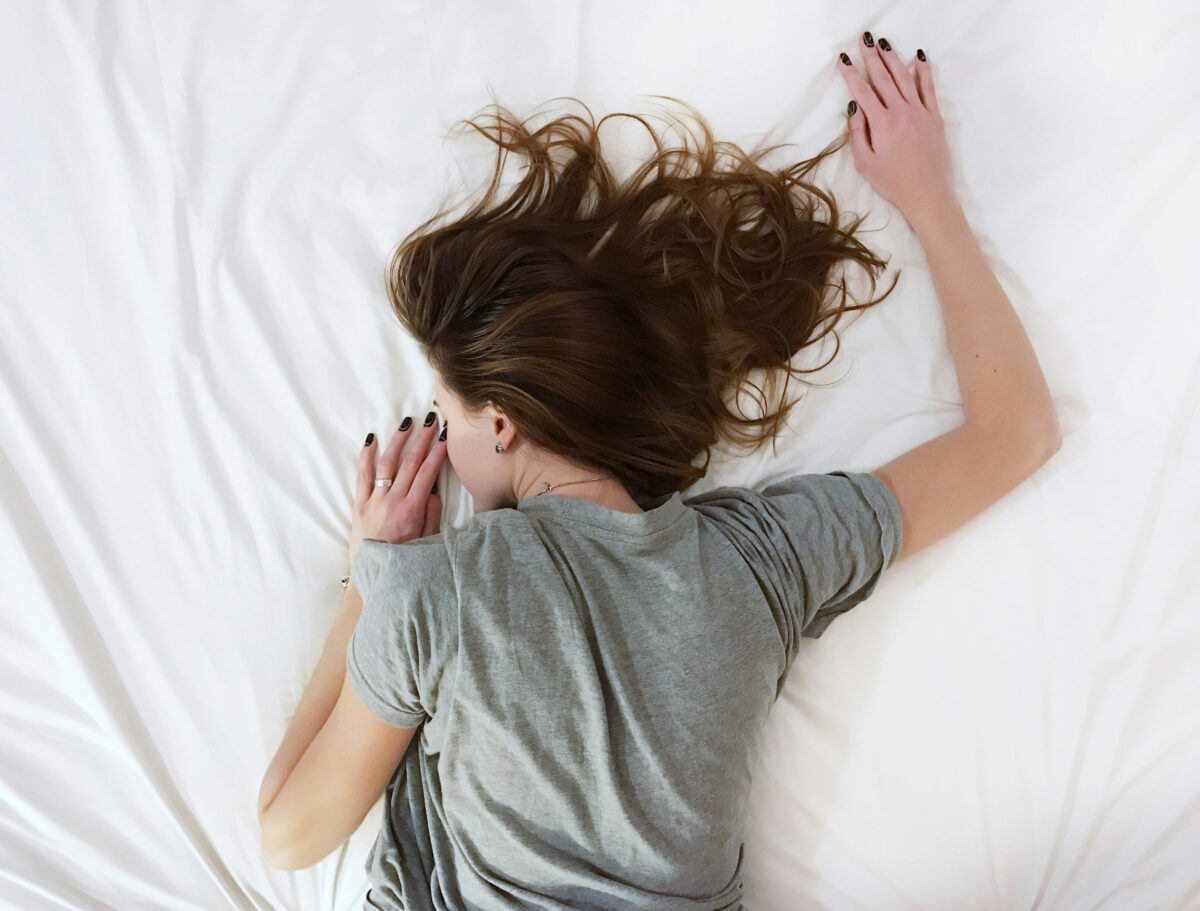Table of Contents
More than just making you drowsy, tired and sleepy, sleep deprivation is also known to affect our mood and impact our mental health. According to a study released by the American Psychological Association, being deprived of good snooze hours can affect our emotional functioning, reduce positive moods and increase chances for anxiety symptoms.

The study, published in the journal – Psychological Bulletin, combined more than 50 years of research on sleep deprivation and its relation to an individual’s mood. Representing the most comprehensive coalescence of experimental sleep and emotion, lead author Cara Palmer, PhD, of Montana State University says that the study “provides strong evidence that periods of extended wakefulness, shortened sleep duration, and nighttime awakenings adversely influence human emotional functioning.”
About The Research
Researchers have spent decades trying to understand precisely how and why losing sleep makes us feel moody and jittery. Now, the latest analysis of more than 50 years’ worth of data has allowed researchers to dig deeper into the interactions between sleep deprivation and emotion. According to Time Magazine, this research is the first large-scale study of its kind to explore the connection between the two since 1996, which provides a clearer picture of how our nocturnal routines and our feelings co-depend.

Palmer and her colleagues, including co-lead author Joanne Bower, PhD, of East Anglia University, analysed sleep deprivation data from 154 studies spanning five decades. From among the plethora of studies, researchers disrupted participants’ sleep for one or more nights. In some experiments, participants were kept awake for an extended period; some slept for a shorter-than-typical duration. Some studies saw participants were periodically awakened throughout the night.
Across all studies, at least one emotion-related variable was measured. Overall, the researchers discovered that all types of sleep loss led to fewer positive emotions, such as joy and contentment. Palmer further adds: “Sleep loss increased anxiety symptoms and blunted arousal in response to emotional stimuli.”
What Is Sleep Deprivation?
According to Better Health, sleep deprivation is a condition characterised by insufficient sleep over a substantial period of time. Sleep is a necessary physiological process that allows a person’s body and brain to rest and recover from the day and perform essential functions such as memory and immune function. An individual’s sleep is also closely related to mental health and general health maintenance and the lack of a good sleep schedule can lead to poor short and long-term health as well as impair everyday functioning.

The Sleep Health Foundation recommends around 9-11 hours for school children, about 8-10 for teens. For adults aged 18-64, the recommended hours of sleep are 7-9 and 7-8 for adults 65 and over. Whilst these hours are recommended, some people can very well cope with less or more sleep every night.
While the apparent symptoms of sleep include fatigue and sleepiness, some common symptoms include daytime sleepiness, irritability, and difficulty with thinking and remembering. Slowed reaction times and headaches are also symptoms of poor sleep quality.
Lead author of the study, Cara Palmer, says: “Research has found that more than 30 per cent of adults and up to 90 per cent of teens don’t get enough sleep.” Palmer suggests that industries that are most prone to sleep loss, such as first responders and pilots, should state policies that prioritise sleep to aid in daytime function and well-being.



